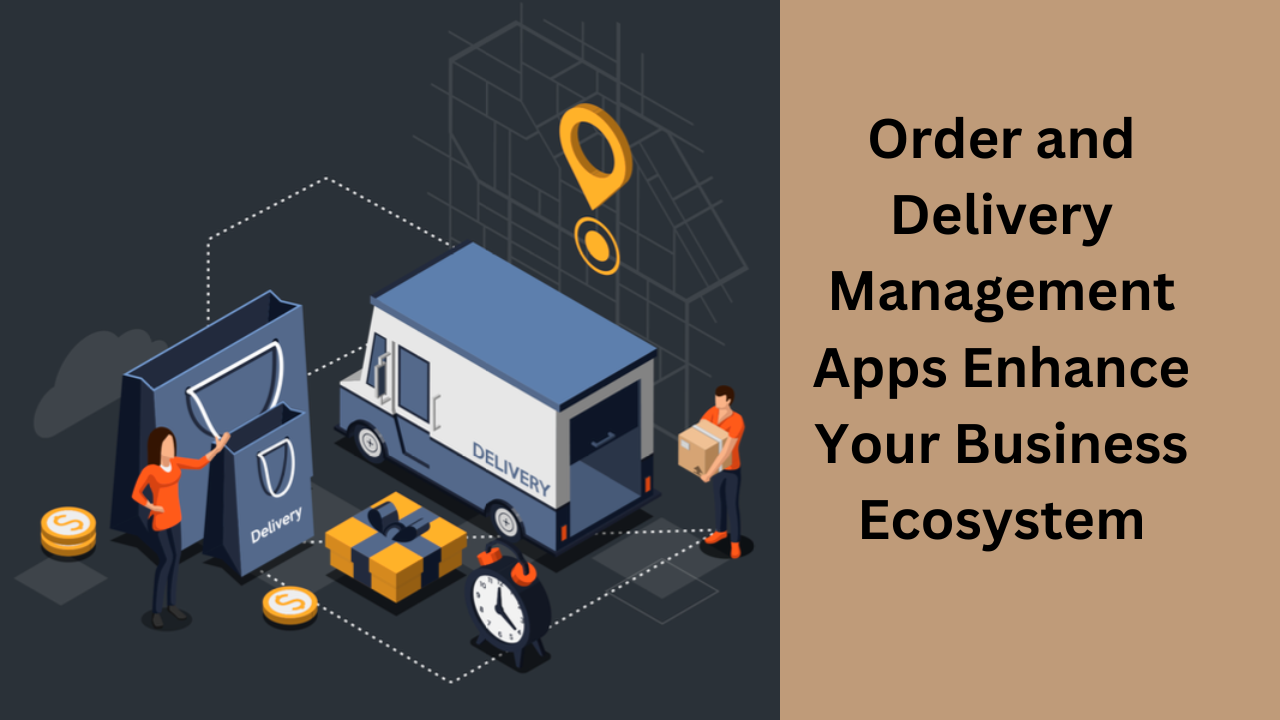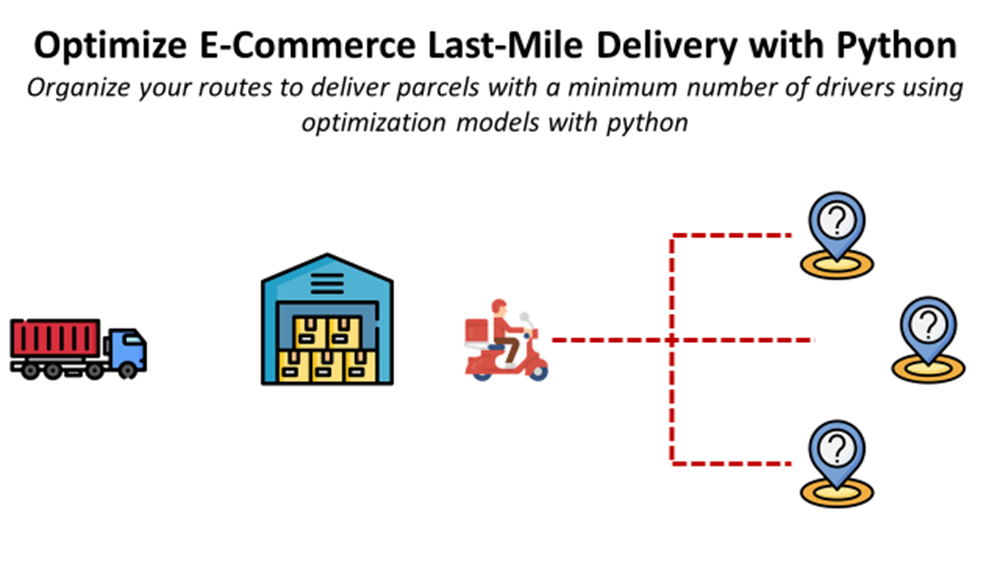1. Introduction to Order and Delivery Management
Managing customer orders and delivery packages is a critical aspect of modern business operations. Companies must ensure that orders are processed efficiently, inventory is well-managed, and shipments reach customers on time. A seamless order fulfillment process not only enhances customer satisfaction but also boosts profitability and brand reputation.
Order management involves tracking inventory levels, processing payments, and selecting the best shipping methods. Meanwhile, delivery management focuses on optimizing routes, coordinating with carriers, and handling potential delays. Together, these elements form the backbone of a successful logistics strategy.
Efficient order and delivery management is essential for business success, ensuring that products reach customers accurately and on time. It involves coordinating inventory, processing orders, selecting shipping methods, and optimizing logistics. A well-structured system enhances customer satisfaction, reduces costs, and streamlines operations. With advancements in automation and tracking, businesses can improve efficiency, minimize delays, and stay competitive in today’s fast-paced market.
Efficient order and delivery management ensures accuracy, speed, and customer satisfaction.

2. Key Components of an Effective Order Fulfillment System
An effective order fulfillment system consists of several essential components:
-
Order Processing – Automating order entry and confirmation to reduce errors.
-
Inventory Management – Maintaining optimal stock levels using real-time tracking.
-
Warehouse Operations – Implementing efficient storage and retrieval processes.
-
Shipping and Logistics – Choosing reliable carriers and optimizing shipping routes.
-
Customer Communication – Providing real-time tracking and proactive delivery updates.
Businesses that integrate these components effectively can reduce shipping costs, minimize delays, and enhance overall efficiency.

3. Technologies Enhancing Logistics and Shipping
Technology plays a crucial role in modern logistics. Some key advancements include:
-
Warehouse Management Systems (WMS) – Automating inventory control and order picking.
-
AI and Machine Learning – Predicting demand trends and optimizing delivery routes.
-
RFID and Barcode Scanning – Enhancing accuracy in package tracking.
-
Blockchain for Transparency – Ensuring secure and verifiable transactions.
-
Drones and Autonomous Vehicles – Improving last-mile delivery speed.
By leveraging these technologies, businesses can improve efficiency and reduce operational costs.
4. Optimizing Last-Mile Delivery
Last-mile delivery is often the most challenging and costly part of the supply chain. To enhance efficiency:
-
Use Route Optimization Software – Minimize delivery times with AI-driven planning.
-
Offer Multiple Delivery Options – Provide express, scheduled, and eco-friendly choices.
-
Partner with Local Couriers – Expand reach and improve service reliability.
-
Implement Smart Lockers and Pickup Points – Reduce failed deliveries and costs.
-
Monitor Real-Time Data – Track deliveries and adjust routes dynamically.
Improving last-mile logistics leads to higher customer satisfaction and reduced operational expenses.

5. Overcoming Common Challenges in Order and Package Management
Despite technological advancements, businesses still face challenges such as:
-
High Shipping Costs – Optimize packaging, negotiate rates, and consolidate shipments.
-
Delayed Deliveries – Utilize predictive analytics to anticipate potential delays.
-
Inventory St Stock outs Implement automated restocking and demand forecasting.
-
Returns and Reverse Logistics – Simplify return processes with clear policies and automation.
-
Customer Expectations – Provide accurate delivery timeframes and proactive updates.
By addressing these challenges proactively, companies can maintain efficiency and customer trust.




You must be logged in to post a comment.